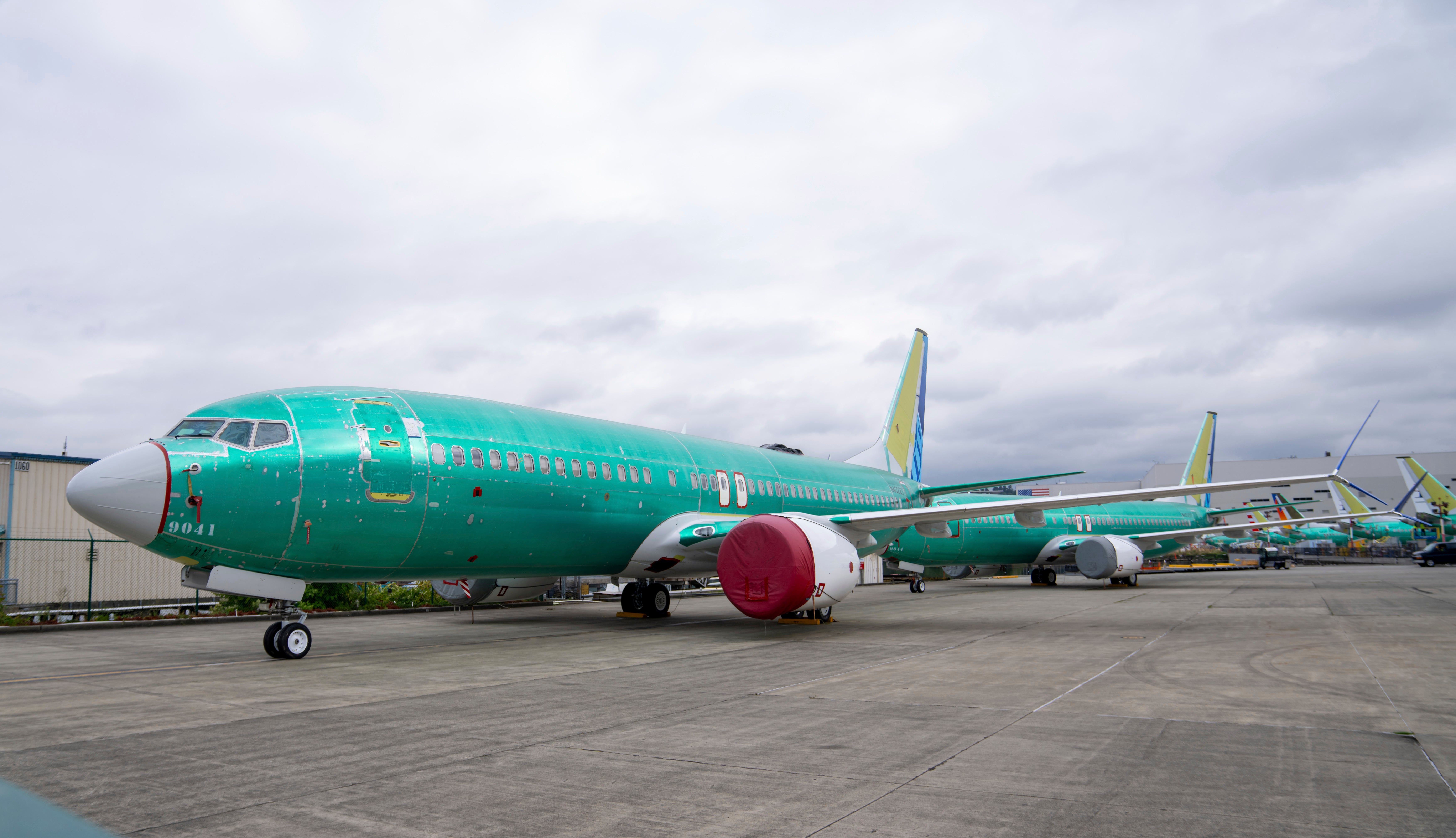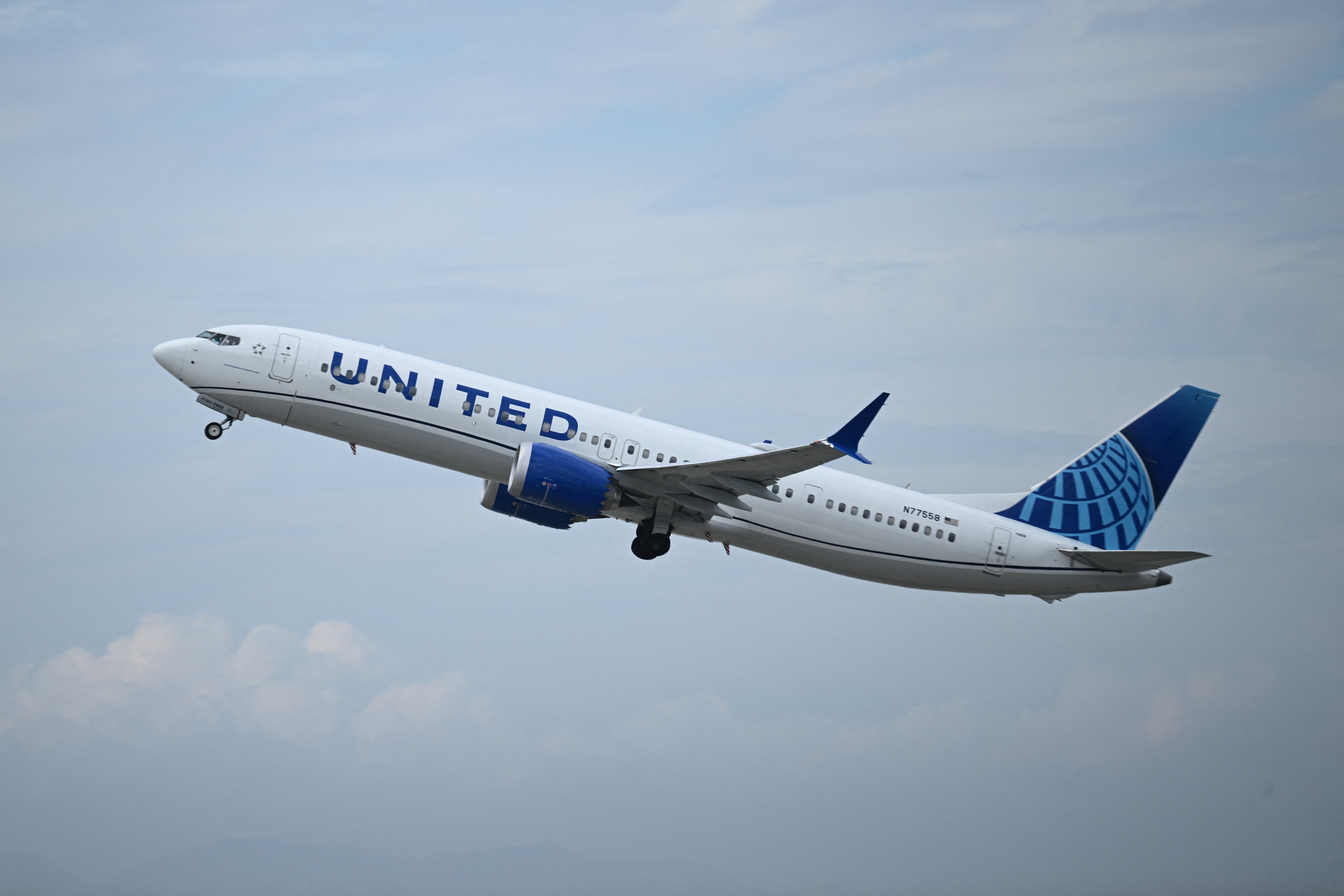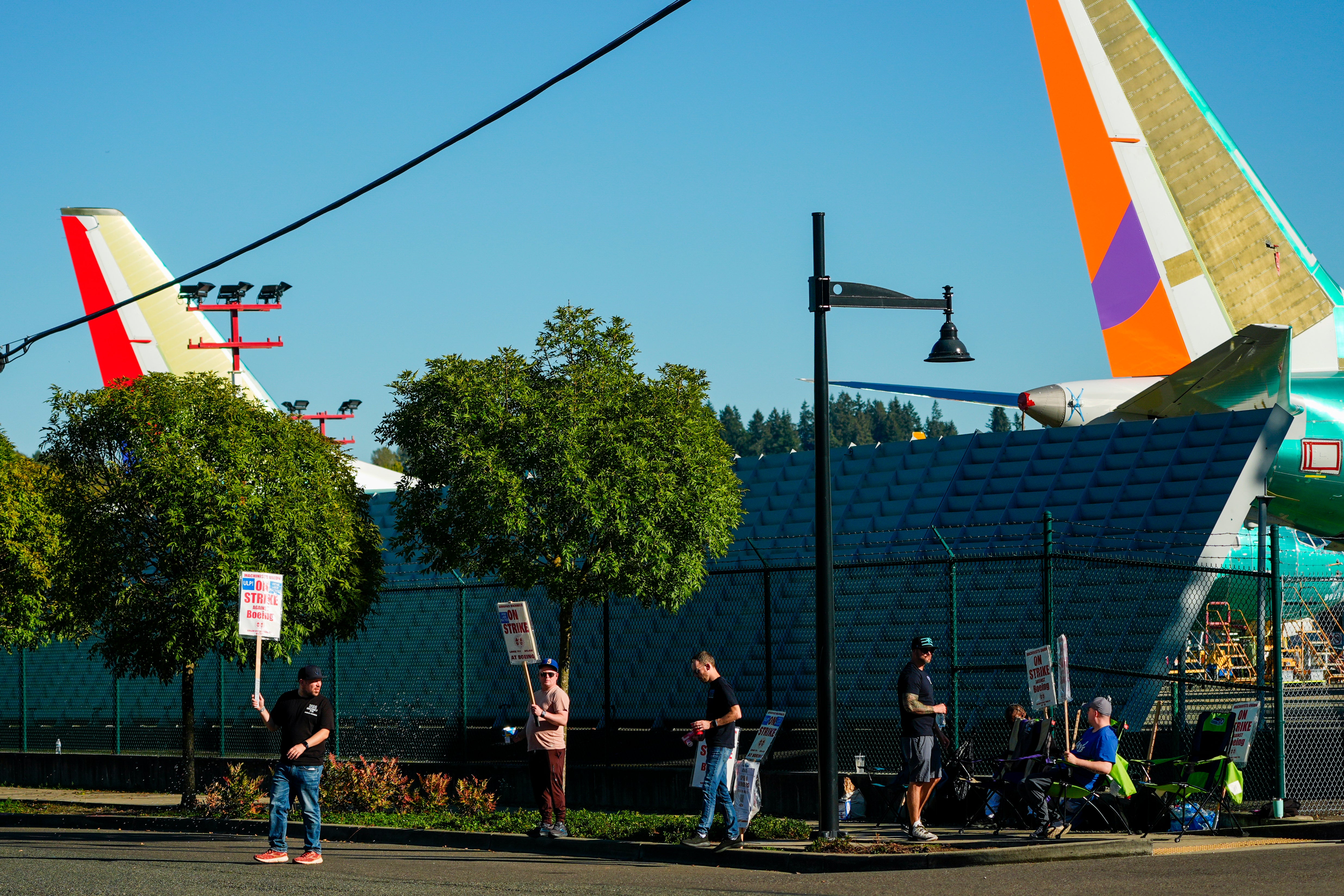Another blow to Boeing as US issues global warning to airlines over 737 safety issues
More than 40 foreign operators may be using the planes

Your support helps us to tell the story
From reproductive rights to climate change to Big Tech, The Independent is on the ground when the story is developing. Whether it's investigating the financials of Elon Musk's pro-Trump PAC or producing our latest documentary, 'The A Word', which shines a light on the American women fighting for reproductive rights, we know how important it is to parse out the facts from the messaging.
At such a critical moment in US history, we need reporters on the ground. Your donation allows us to keep sending journalists to speak to both sides of the story.
The Independent is trusted by Americans across the entire political spectrum. And unlike many other quality news outlets, we choose not to lock Americans out of our reporting and analysis with paywalls. We believe quality journalism should be available to everyone, paid for by those who can afford it.
Your support makes all the difference.More than 40 foreign operators of Boeing 737 planes may be using vehicles with an issue that could pose safety risks, an American agency has warned.
The U.S. National Transportation Safety Board said on Monday that operators may be using planes with rudder components that could cause the issue.
The NTSB issued urgent safety recommendations about the potential for a jammed rudder control system on some 737s.
It comes after a February incident involving a United Airlines flight.
The NTSB also disclosed on Monday that it had learned two foreign operators suffered similar incidents in 2019 involving rollout guidance actuators.
“We are concerned of the possibility that other airlines are unaware of the presence of these actuators on their 737 airplanes,” NTSB Chair Jennifer Homendy said in a letter to Federal Aviation Administration Administrator Mike Whitaker.
The issue is the latest setback to Boeing, which has faced a series of safety questions after a mid-air emergency in January involving a new Alaska Airlines 737 MAX 9 missing four key bolts.
The NTSB is investigating an incident in February in which the rudder pedals on a United 737 MAX 8 were “stuck” in the neutral position during a landing at Newark. There were no injuries to the 161 passengers and crew.

Boeing shares fell 2.7% on Monday.
A spokesperson for Japan’s All Nippon Airways, which operates 39 Boeing 737-NG planes, said on Tuesday “as a precaution, we are in the preparatory stages of removing the parts that the NTSB pointed out,” adding it had no impact on its operations. It is assessing how many of its planes are impacted, the person said.
Japan Airlines, which operates 62 Boeing 737-800 planes, said none of its 737 planes use the impacted parts, according to a spokesperson.
The NTSB said on Thursday there were no longer any 737s flying with U.S. airlines with the affected actuators, which were installed in some 737 MAX and prior-generation 737 NG planes that included an optional landing system.
The NTSB said 271 impacted parts may be installed on aircraft in service operated by at least 40 foreign air carriers and 16 may still be installed on U.S.-registered aircraft and up to 75 may have been used in aftermarket installation.
The NTSB and FAA did not identify which carriers may be using the parts.
Homendy, who spoke to Whitaker about the problem last week, said she was concerned the FAA “did not take this issue more seriously until we issued our urgent safety recommendation report.”

The FAA said it was taking the NTSB recommendations seriously and it was scheduled to do additional simulator testing in October.
An FAA corrective action review board met Friday and the agency said it was moving quickly to convene a call with affected civil aviation authorities to make sure they have the information they need, including any recommended actions.
United said last week the rudder control parts at issue were in use in only nine of its 737 aircraft originally built for other airlines and the components were all removed earlier this year.
The NTSB on Monday criticized Boeing for failing to inform United the 737s it received were equipped with actuators “mechanically connected to the rudder control system” and expressed concerns other airlines were unaware of their presence.
“Flight crews may not know what to expect if the rollout guidance actuator fails at low altitude or during landing,” the NTSB said, calling the failure “unacceptable.”
Boeing, which declined to comment on Monday, said last week it had informed affected 737 operators of a “potential condition with the rudder rollout guidance actuator” in August.
Join our commenting forum
Join thought-provoking conversations, follow other Independent readers and see their replies
Comments